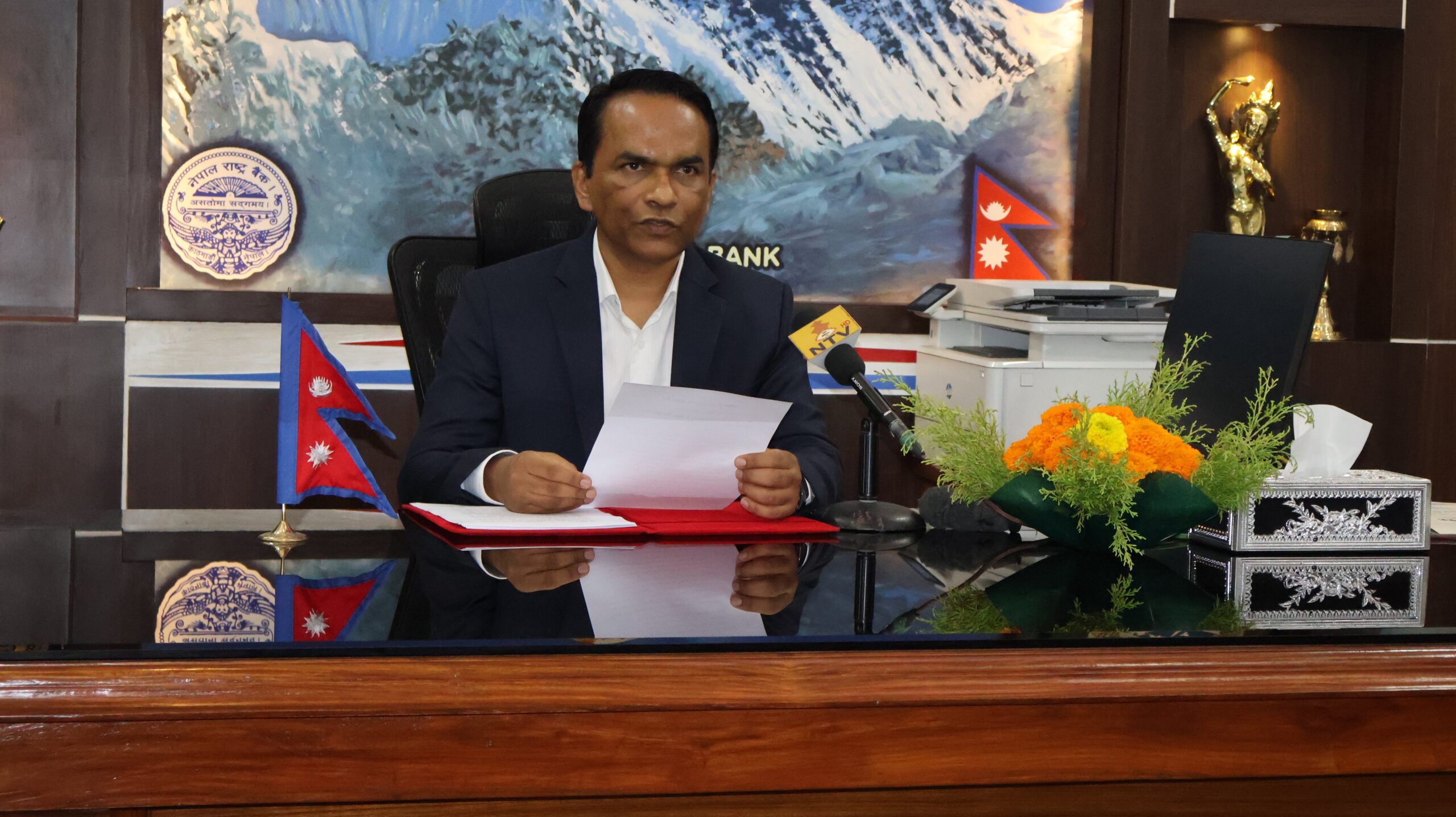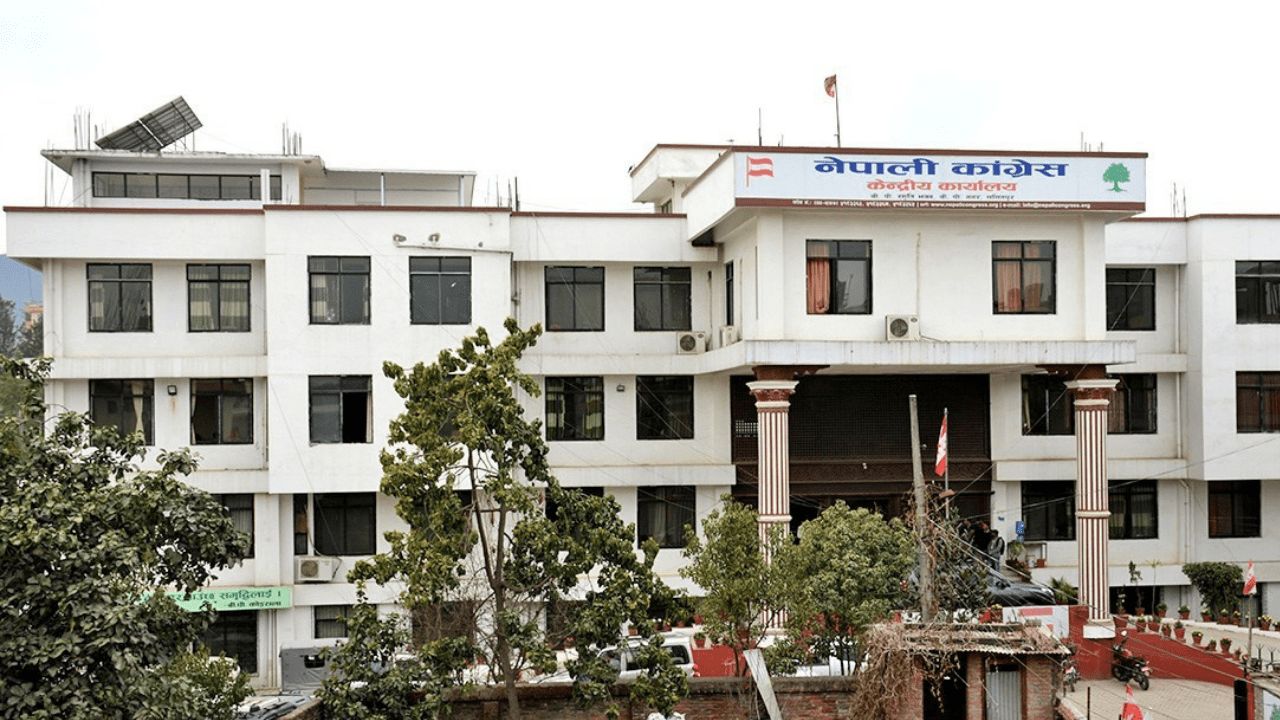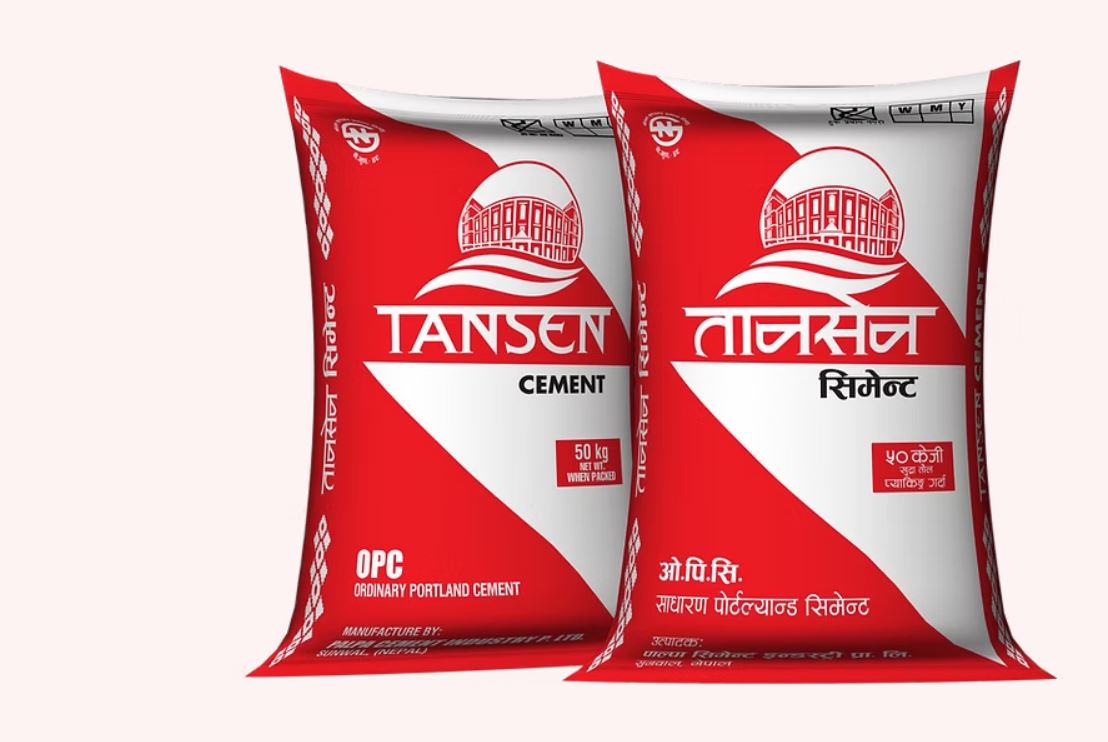Kathmandu. Nepal Rastra Bank (NRB) has said that it has taken positive note of the arrangements and announcements made through the monetary policy for the fiscal year 2082/83 BS.
The association hopes that the flexible provisions in the monetary policy aimed at reducing interest rates, increasing credit flow and providing relief to banks under stress due to bad loans will have a positive impact on the economy. The monetary policy will benefit the government, banks, borrowers, private sector and all stakeholders. The association hopes that the policy arrangements made through monetary policy will have a positive impact on the supply side of the economy. Similarly, real estate, stock market, agriculture and small enterprises will also have a positive impact.
Although the announcement of the monetary policy reviewing the provisions of current capital loan guidance, the main demand of the association, is welcome, it has been indicated in the monetary policy that only a few sectors will be reviewed in a way that will provide relief. Therefore, we have strongly demanded to review the provisions of current capital loan guidance applicable to all types of businesses.
The association hopes that 80 percent of the property value will be available in the loan given for the construction of private residential houses and up to 70 percent in the second and third, it will contribute to increasing the demand in the market. Reducing the upper limit of the interest rate corridor will help in further reducing the interest rate on loans, which can be expected to increase investment.
The association has also considered the announcement of increasing the foreign exchange limit for foreign travelers and converting the currencies of SAARC region including Bangladesh, Sri Lanka as positive. While the increase in the limit of margin loans will have a positive impact on the securities market, the announcement that the existing loan classification and loan loss arrangement will be studied and reviewed as per the need will bring relief to both banks and borrowers.
However, the monetary policy has failed to address the legitimate demands of the association such as increasing the limit on payment through DAP and TT on imports, reviewing the limit of foreign currency to be paid at one time for services taken from foreigners and making arrangements to calculate TR day only from the day of payment.
The monetary policy has also ignored the demand of the association that banks and financial institutions should be able to invest up to 80 percent of the value of the loan in all types of passenger vehicles and make payments before the release of customs after the goods arrive at the border while paying through TT.
The monetary policy is also silent on the association’s demand to lift the ban on import of goods that are commonly consumed except legally illegal to increase revenue through its utilization at a time when foreign exchange reserves are at a high point and the bank should remove the provision of holding 3 percent of the amount when imported goods are checked by customs. The association hopes that the missing things will be implemented through the review of monetary policy and circulars and directives issued by the central bank from time to time.




















प्रतिक्रिया दिनुहोस्